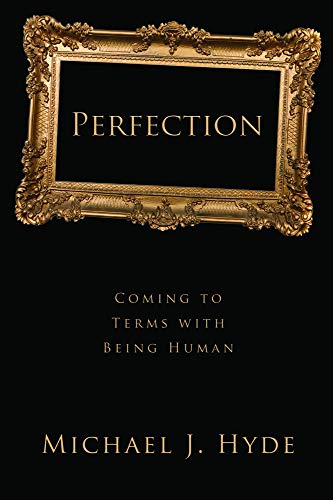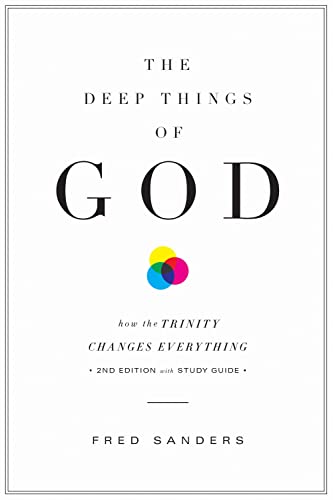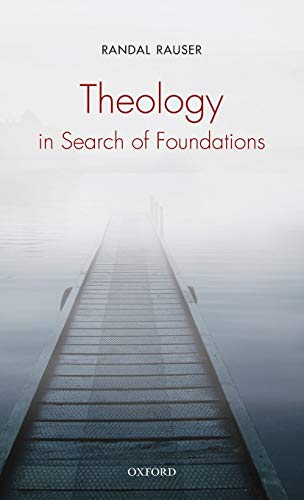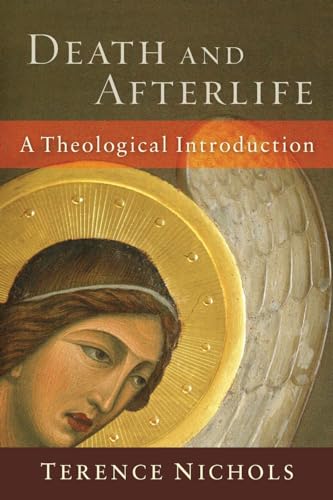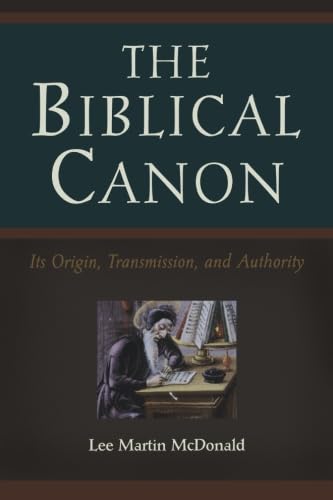Analytic Theology: New Essays in the Philosophy of Theology
Written by Oliver D. Crisp and Michael C. Rea, eds. Reviewed By Dru JohnsonThis collection of essays is meant formally to state the claims that have been percolating in analytic (i.e., Anglo-American) philosophy of religion for the last few decades. Given the prominence of its authors (e.g., Rea, Wolterstorff, Stump, Westphal), this proffering is not lacking in credibility. In brief, this volume proposes that analytic theology (AT) is the precision and clarity of analytic philosophy more rigorously applied to theology. The exact nature and extent of that application varies from author to author, but the basic thrust persists. “[C]larity and precision” with “attention to possible objections” creates the centerpiece of the AT proposal (p. 44). Rea’s astute introduction exemplifies this clarity while demonstrating Rea’s insight regarding the apprehension of AT’s most capable skeptics.
AT is then conceived as an investigation of the topics of systematic/dogmatic theology employing the “virtues of the analytic tradition” (p. 55). Or as Oliver Crisp puts it (ch. 1), “analytic” here “involves the use of certain tools like logic to make sense of theological issues, where metaphysical concerns are central” (p. 37). The primary critique, previously lodged by philosophers like Westphal, is that AT is more “onto-theology” (i.e., focused on a metaphysical understanding of God, the Trinity, etc.) than theology properly understood. The editors appreciate the charge of being both ahistorical and narrowly onto-theological when working in the analytic mode. However, this critique is acknowledged more than it is accommodated by most contributors and will resurface several times. Additionally, AT claims to follow arguments to their logical conclusions, no matter where they lead, which might create an uncomfortable variability for theologians. This uncertainty regarding the orthodoxy of AT’s theological products is shored up in part by Abraham’s proposal (ch. 2) that calls for an epistemology of theology: “a new sub-discipline in the borderlands between philosophy and theology” (p. 67). This would be a “systematic, self-critical, historically informed” discipline that could counter the reservations held by the authors at the end of the volume.
Those skeptics of AT are given the last word in the final three chapters, and they are cautionary about the criteria for applying AT. First, Eleonore Stump’s essay (ch. 12) considers the ways in which AT might overstep narratival constructs embedded in more traditional theology, hindering the very knowledge meant to be imbued in us by means of story. Second, Westphal (ch. 13) also focuses on the problem of propositions and the value of phenomenological approaches in hermeneutics. In the final chapter (ch. 13), Coakley posits that analytic philosophers have typically misread mystical experiences and that this hermeneutical problem suggests AT’s limits. Of interest, all three critiques aim at the Scriptures, hermeneutics, and their relationship to theology.
Because the proposal for AT and the reconsiderations about AT are at the front and back of this volume respectively, I will briefly summarize the content of the remaining chapters in between. Rauser (ch. 3) seeks to analytically conceptualize the problem of ferreting out bull (re bullshit) and find “checks and balances” to avoid its creep into theological discussion. Lamont (ch. 4) takes on the current analytic debate about testimony as a source of knowledge requiring support (reductionist) or not (non-reductionist). Chignell’s essay (ch. 5) is based on an admittedly controversial premise that belief (Glauben), not knowledge (Wissen), was Kant’s goal and serves as a more suitable model for AT. Andrew Dole (ch. 6) tries to reread Schleiermacher in a way that intends to disarm his seeming turn away from metaphysical theology. Wolterstorff (ch. 7) confronts the “onto-theology” objection against AT. He contextualizes recent theistic metaphysical concerns inherent to the mode of AT, rather than merely supposing that Kant is loitering into every discussion. McCall (ch. 8) takes on the daunting task of applying AT to Barth’s doctrine of Scripture by moderating it with Vanhoozer’s now popular speech-act project. Crisp (ch. 9) wrestles with the prolegomenal question: By what kind of source do we justify our belief in the divine inspiration of Scripture? Sudduth (ch. 10) tackles the major Reformed objections to natural theology and the possible neglect of religious experience as formative for dogmatic theology. And Murray (ch. 11) has a creative take on the traditional formulations of the science/religion relationship, picturing them as lovers in various states of affection. The critique of “doormat lovers” is especially worth the read.
Analytic Theology represents the next step where theistic philosophy of religion formalizes its relationship with Christian theology. Of value to pastors and theologians alike, the call for precision and clarity is profoundly significant to the field.
However, there are some aspects of AT represented here that merit further development and explanation. First, few authors seemed to genuinely consider the notion that the Scriptures, and not just Medieval Scholasticism or Reformed systematicians, might impose the criteria that guide the process of answering questions that the Scriptures themselves inspire. Rauser’s statement that theological bull ought to be held in check by “the rigorous demands of closely reasoned analysis” (p. 83) begs questions about Scripture’s role in that process of “checks and balances,” not to mention the church. This concern is more pointed when considering Oliver Crisp’s claim that an “analytic theologian might end up holding doctrine that is unorthodox, or even heretical” (p. 46). Of course, AT must “privilege some ways of conceiving of God over others” (p. 25) as all theologies must do. And Rea tips his hat to the problem of privileging as being “highly contentious” (p. 25). But there is no substantive discussion about the role of Scripture, hermeneutical strictures, or even more, the criteria by which that “privileging” takes place.
As well, the character of AT’s “precision and clarity” is presumed throughout, but never adequately defended. Rea anticipates this objection, but the other contributors seem to neglect the possibility that analytic clarity might actually be a veneer of clarity (possibly because of Rea’s discerning introduction). Nevertheless, the general opinion that analytic “clarity” might actually be a methodological weakness is evidenced by the critique that resurfaces in the final chapters.
As for the volume in total, it is difficult at some points to determine how the individual essays contribute to the overall thesis. They presume various conceptions of AT as well as definitions of “theology.” These variations make the reader do the critical work of clarifying what is being offered and what is at stake when one embraces AT. This, together with the absence of anticipating the objections about AT’s relationship to Scripture and hermeneutics, seems to make the AT proposal slightly less analytic by its own lights.
Despite the above concerns, which might merely be indicative of the growing pains in a new subfield, this volume deserves to be critically considered as an initial step toward formalizing analytic influence on Christian theology.
Dru Johnson
Dru Johnson
The King’s College
New York, New York, USA
Other Articles in this Issue
Most of our readers are theological students and pastors...
The Dazzling Darkness of God’s Triune Love: Introducing Evangelicals to the Theology of Hans Urs von Balthasar
by Stephen M. GarrettJürgen Moltmann observes that Christian theology and the Church face “a double crisis: the crisis of relevance and the crisis of identity...
Plots, Themes, and Responsibilities: The Search for a Center of Biblical Theology Reexamined
by Daniel J. BrendselIn the prolegomena to his “approach to biblical theology,” Charles H...
Since the mid-twentieth century biblical scholars have increasingly accepted that the texts of the Bible must be interpreted in terms of their literary genres...
The present age tends to regard polemics, theological controversies, and all-round doctrinal fisticuffs as, at best, a necessary evil, at worst, one of the most revolting aspects of Christianity...



